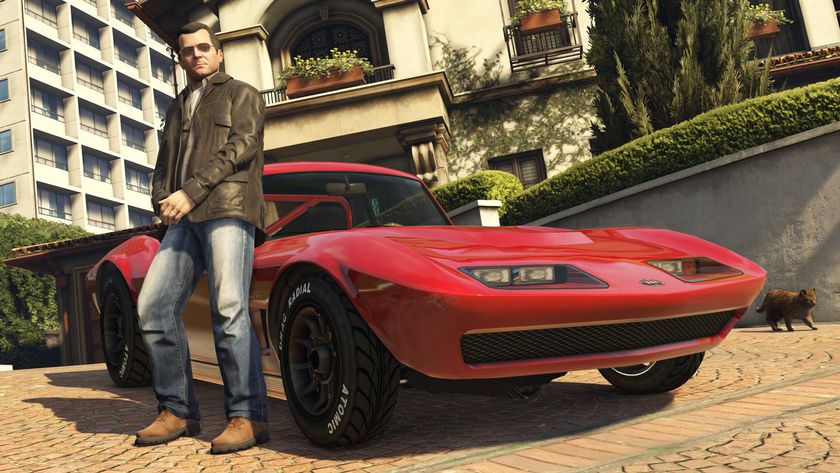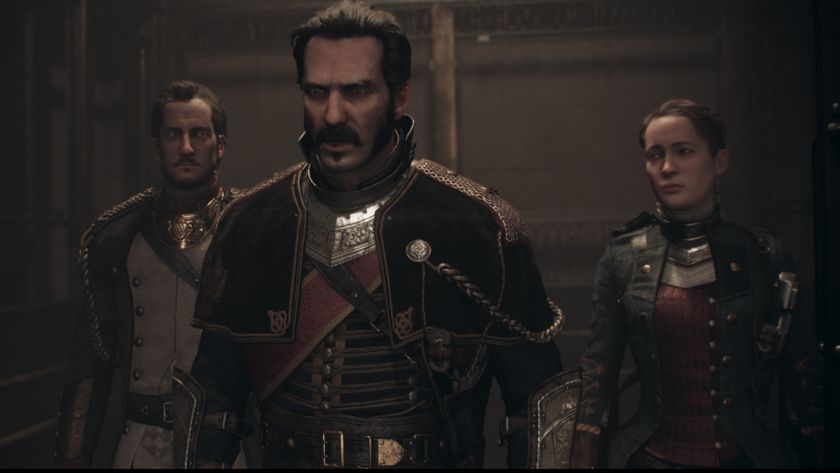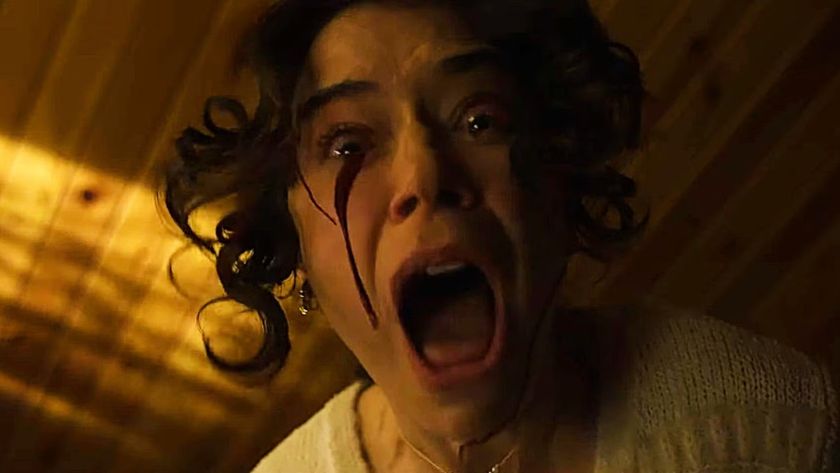Ask an indie developer: How did your indie career begin?
Begin at the beginning
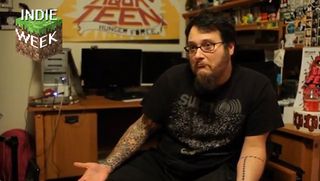
Begin at the beginning
Welcome to the first day of GamesRadars Indie Week, where we celebrate the independent spirit thats alive and well in gaming. Just as we enjoy billion dollar franchises like Assassins Creed and Call of Duty, we also love the titles made outside the big studio system, ones that push the boundaries of gameplay and storytelling to exciting new frontiers. And to get a closer look at what makes indie gaming so interesting, we reached out to some of the biggest names currently on the scene.
All week long well be showcasing the responses of some of the most high profile people behind games like Journey, Super Meat Boy, and Spelunky (to name a few). For our first of the daily features, were going back to the start for these developers to find out how their life as an indie dev began. Some of the answers might surprise you
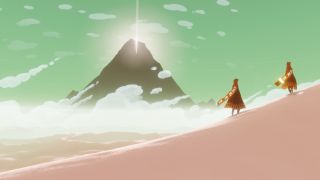
Jenova Chen, thatgamecompany (Journey)
Technically we werent an financially independent because our past games were funded by Sony, but--to me--the word indie means something different. Its a romantic word. It symbolizes the spirit of risk taking and hard work, driven by strong passion and belief and will. And the indie games are risky mostly because theyre concepts arent financially (yet). So if you count financial risk, then were very indie.
We want to make everyone love video games as a medium, and that requires the industry to provide entertainment to all the different demographics. Man, woman, old and young. Thats the feeling that pushed us to develop. We want to push the boundary of what games can communicate emotionally. We want to explore new types of feeling that will attract gamers and non-gamers alike, including deeper emotions that will not only impress youngsters but touch adults.
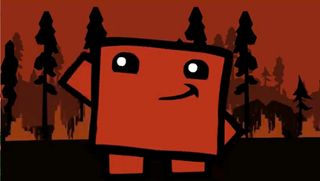
Edmund McMillen, Team Meat (Super Meat Boy)
I started out making indie comics for years, then transitioned into interactive Flash comics. Eventually I moved onto Flash games in 2000-2003. That led to Gish, my first non-Flash indie game, which I sold in 2004.
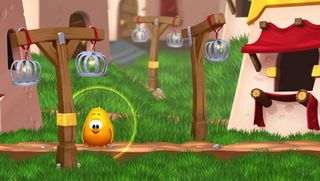
Collin van Ginkel, Two Tribes (Toki Tori)
In '99 I bought myself a Game Boy Color, which was surprisingly similar to the old 80s home computers. I collected a small team of friends and people from the demo scene, and set off to create Toki Tori 1. When we sold the game to Capcom in 2001 for way too much money, we knew we had to give indie development a go!
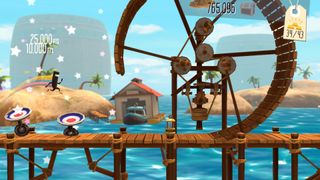
Mike Roush and Alex Neuse, Gaijin Games (Bit.Trip., Runner 2)
With a lot of bootstrapping. We made some tough sacrifices, bid adieu to the steady paychecks we received at our other jobs, and went for it. Mind you, we dont mean for that to sound dramatic or gloomy. Weve been stoked about Gaijin Games since day one, and were extremely excited about where the company is headed.
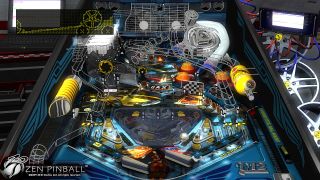
Mel Kirk, Zen Studios (Zen Pinball)
Zen Studios was a work for hire studio for several years which allowed us to grow a small but capable team with expertise across several development platforms. When Xbox Live was introduced, a few of us thought that this might be the door to a different path, one where we could create and publish our own games. The founder of Zen is a huge pinball nut and was bummed that arcades were almost completely gone, fixing pinball machines was becoming increasingly difficult, and it had been a long time since a good pinball video game had been made. We set out to create the best pinball simulation for current gen (Xbox) and pitched Microsoft. They agreed to publish the game, giving us a percent of revenue, and that started the ball rolling. It was not long after that PlayStation Network opened up, allowing Zen Studios to develop and publish titles. From that point we moved away from work for hire and decided to take the path that would allow us to control our own creative vision 100% of the time. What an amazing ride it has been.
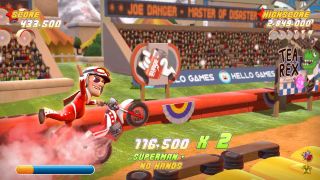
Sean Murray, Hello Games (Joe Danger)
The three other founders and I were all at established developers like Criterion and Sumo Digital, so we were all experienced and knew each other really well. But we were getting frustrated with the lack of freedom we had working as employees, so we decided to leave and set up on our own, working out of my dining room to start with. This was like the very early days of indies, so we didnt really know many other developers who had done the same thing. We had the best time, though, building tech and coming up with the game wed wanted to make for years.
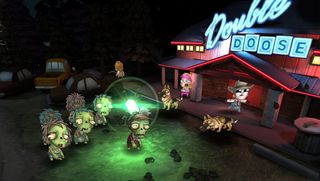
Chris Cobb, Ragtag Studios (Rays The Dead)
Anyone working in the games industry that has a true passion for making games that they care about, will inevitably become frustrated that they can only have so much impact on the projects they work on. The inability to choose your project, or to have an impact outside of the small sliver of the game you are tasked to work on wears on you after a while.
All three of us at Ragtag care deeply about working on games that are important to us; games that we hope will be important to those who play them. The only way we could do that was to break out on our own and chart our own path to create games that satisfy those needs. All three members of Ragtag Studios worked for larger developers in the industry for more than 14 years. About two years ago, after a lot of soul searching, we all decided to finally take the plunge and take a shot at living the dream thatd been rolling around in our brains for years--quit our cushy jobs and start our own studio! So for the last 18 months, we've all been working from home and working without pay. Its been quite the ride so far, but were optimistic that it will pay off in the end.

Jake Kazdal, 17-Bit (Skulls of the Shogun, Galak-Z)
My wife and I had a child and I wasnt leaving the house much, so I needed a hobby for nights and weekends. I decided it was time to find a programmer friend and start working on a fun little iOS title or something. It quickly grew much bigger than we ever anticipated!
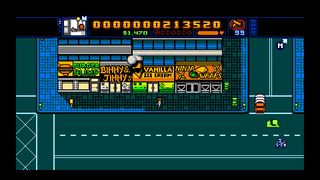
Brian Provinciano, Vblank Entertainment (Retro City Rampage)
I suppose I was an indie dev before the term was coined as we know it today. I started releasing my own software on the web in the late '90s, then started working for other companies ten years ago. I gained a lot of experience, learned a lot, working at studios from small to AAA. During that time, I continued to work on my own projects in my spare time and saved up as much money as I could. Once my primary side project (Retro City Rampage) was far enough along to give me the confidence to make it a full time job, I took the plunge. While being an indie can be a huge risk, I feel that this approach greatly reduced that.

Kevin Geisler, Young Horses (Octodad: Dadliest Catch)
While at DePaul University, I got the chance to go to the Game Developers Conference and found the Independent Games Festival to be a pretty fascinating experience. All of these studios and groups showing all sorts of innovative game experiences that maybe didnt have the best graphics or countless hours of gameplay, but still provided an extremely memorable experience. That inspired me to join up with some other students to compete in the IGF, which eventually led to the creation of Octodad and the continuation of it as an indie dev.
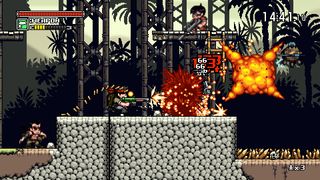
Jonathan Lavigne, Tribute Games (Mercenary Kings)
I worked at Ubisoft for about 8 years as an artist and as a game designer, which allowed me to learn almost everything you need to know about making games. Then, when I felt ready and I had enough savings, I went on my own, started learning programming and making small games. After about a year, I had launched my first game, Ninja Senki, and then Jean-Franois and Justin, awesome ex-coworkers from Ubisoft, decided to join the fun. Thats when we founded Tribute Games.
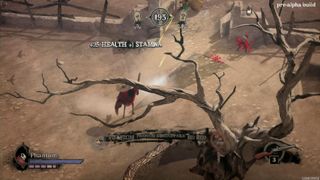
Yousuf Mapara, Switchblade Monkeys (Secret Ponchos)
I was previously working as a Senior Art Director in the larger AAA space. I would say that every artist has this need to create, and eventually the need to make my own project and creative vision surpassed my desire to have a paycheck. Once that happened I made the plunge.
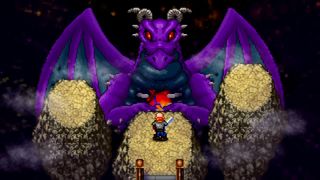
Bryan Sawler, Muteki Corporation (Dragon Fantasy)
Muteki was started with me wanting to make console games. That was always the end-goal. However it took years and years to get there. Instead we spent those years doing contract and consulting work for a bunch of companies, trying to squeeze out enough extra cash to get to spend it on small games in-between. Eventually we could dedicate more and more resources to our own games, to the point where we had a number of full time people for the majority of Dragon Fantasy Book II.
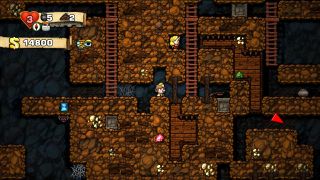
Derek Yu (Spelunky)
I started making games as a kid, using game-making software like Klik n' Play. Aside from the tools I use to make games, my process hasn't changed all that much since then.
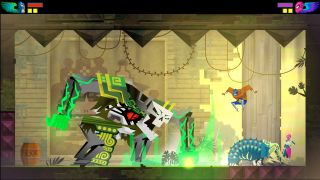
Graham Smith, Drinkbox Studios (Guacamelee!)
A group of us formed DrinkBox Studios shortly after Pseudo Interactive (our former employer) shut down. At the time, we didnt want to leave Toronto, and we thought the timing was right to start our own thing. We met with many of the other indies in the city to get advice, and then started the company "Not a Number Software" before quickly realizing that this name was terrible, and changed it to "DrinkBox Studios".
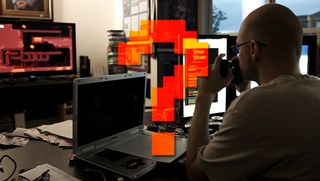
Just the start
So now we know how these devs began, but theres so much more we want to know. Like what theyd do with a huge budget, or what they think of next-gen. Stick with us this week to see those burning questions answered!
And if you're looking for more indie love, check out the top 7 best indie crossovers and what is indie?
12DOVE was first founded in 1999, and since then has been dedicated to delivering video game-related news, reviews, previews, features, and more. Since late 2014, the website has been the online home of Total Film, SFX, Edge, and PLAY magazines, with comics site Newsarama joining the fold in 2020. Our aim as the global GamesRadar Staff team is to take you closer to the games, movies, TV shows, and comics that you love. We want to upgrade your downtime, and help you make the most of your time, money, and skills. We always aim to entertain, inform, and inspire through our mix of content - which includes news, reviews, features, tips, buying guides, and videos.
Most Popular






